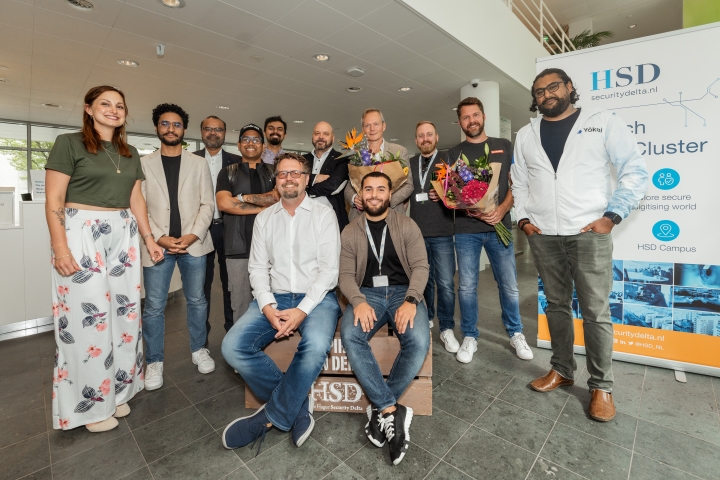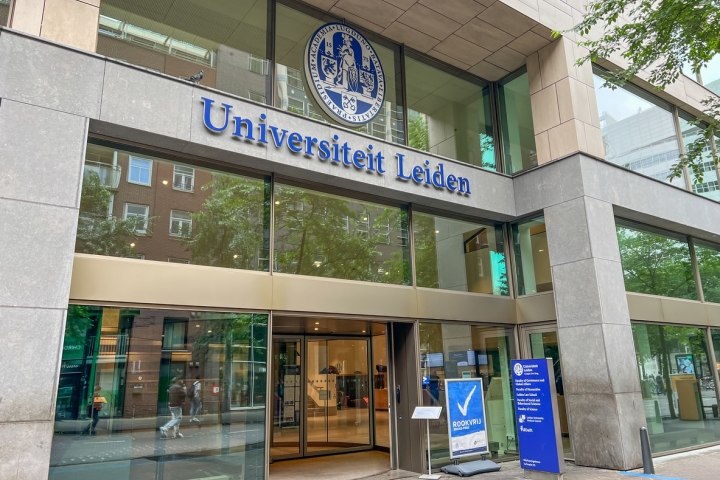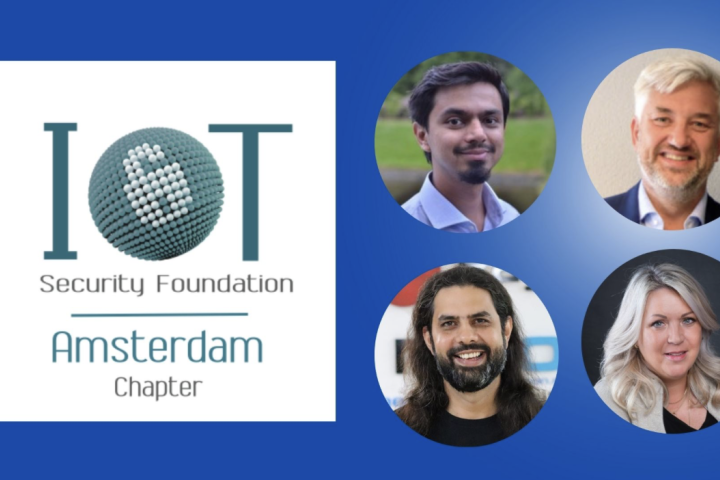Increasing Demand for Highly Educated Cyber Security Professionals
The demand for cyber security professionals will increase in the coming years, especially for those who are highly educated. This will create a qualitative mismatch in the middle and long term as education and labour market are currently insufficiently connected. Furthermore, too few students with a relevant educational background choose for a career in the field of cyber security. These are the conclusions of a research on the cyber security labour market initiated by the Scientific Research and Documentation Centre (WODC) of the Ministry of Security and Justice.
Based on an analysis of vacancies, courses, expert meetings and interviews with the key players in the field the researchers found that the demand for cyber security professionals will increase in both technical-oriented and more organisational-oriented cyber security positions. The largest increase is expected in technical positions, such as software developers, architects and system operators.
The most important conclusion is that rather than a quantitative mismatch, a qualitative mismatch will occur. A sufficient number of students are currently enrolled in relevant courses for the cyber security domain. These courses are however too general and students are not sufficiently aware of their career opportunities within the field of cyber security. Furthermore the supply of education and training in the field of cyber security is too diverse and fragmented.
In order to prevent a qualitative mismatch, the report recommends to invest more in the integration of cyber security in IT-courses and to develop more cyber security specific courses. Furthermore, a qualitative mismatch can be prevented if students are made more aware of career possibilities in cyber security and are enabled to gain work experience. Lastly, practitioners need to be actively stimulated to keep their knowledge up to date and to enrol in relevant courses as part of the ‘lifelong learning’ objective. According to the report, all this can only be reached if knowledge institutions and employers work together more closely, share their knowledge, and improve the image of the sector.
The Hague Security Delta recently launched Security Talent to address exactly these issues. Security Talent is an online and offline community where employers, knowledge institutions, students, and professionals can connect and share knowledge. Security Talent enables students and practitioners to make informed study choices and employers can bring their vacancies directly to the attention of the currently scarce security talent. Security Talent also aims to bridge the gap between education and labour market by connecting the relevant players, enhancing cooperation, and sharing knowledge. Especially in the field of cyber security Security Talent can make a valuable contribution to bridge the gap between supply and demand.
Another highly relevant initiative, situated at the HSD Campus, is the Cyber Security Academy. The academy offers an executive masters programme and courses in cyber security in order to fill in the demand for highly educated cyber security professionals. The academy is a joint initiative of Technical University Delft, Leiden University, and The Hague University of Applied Sciences.






















